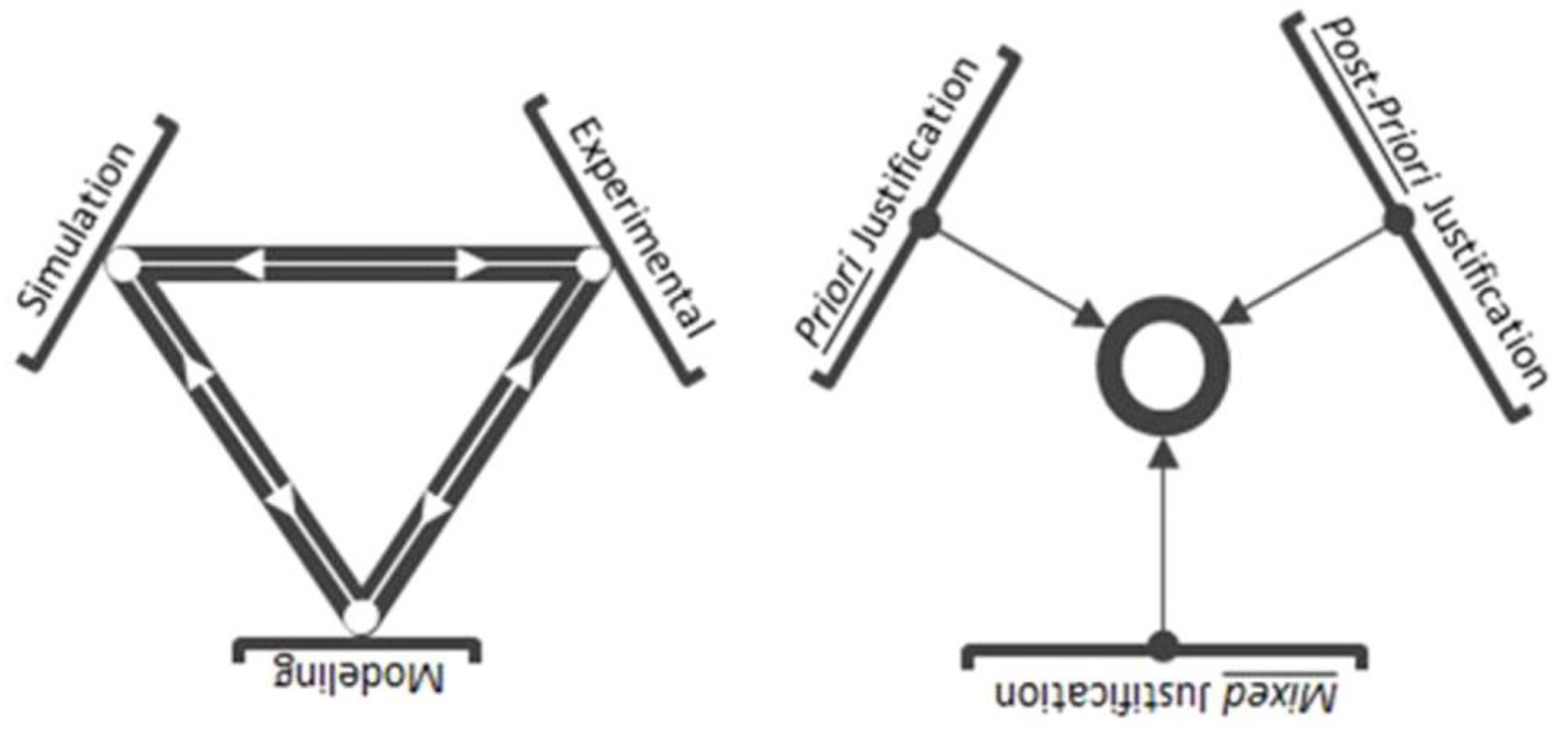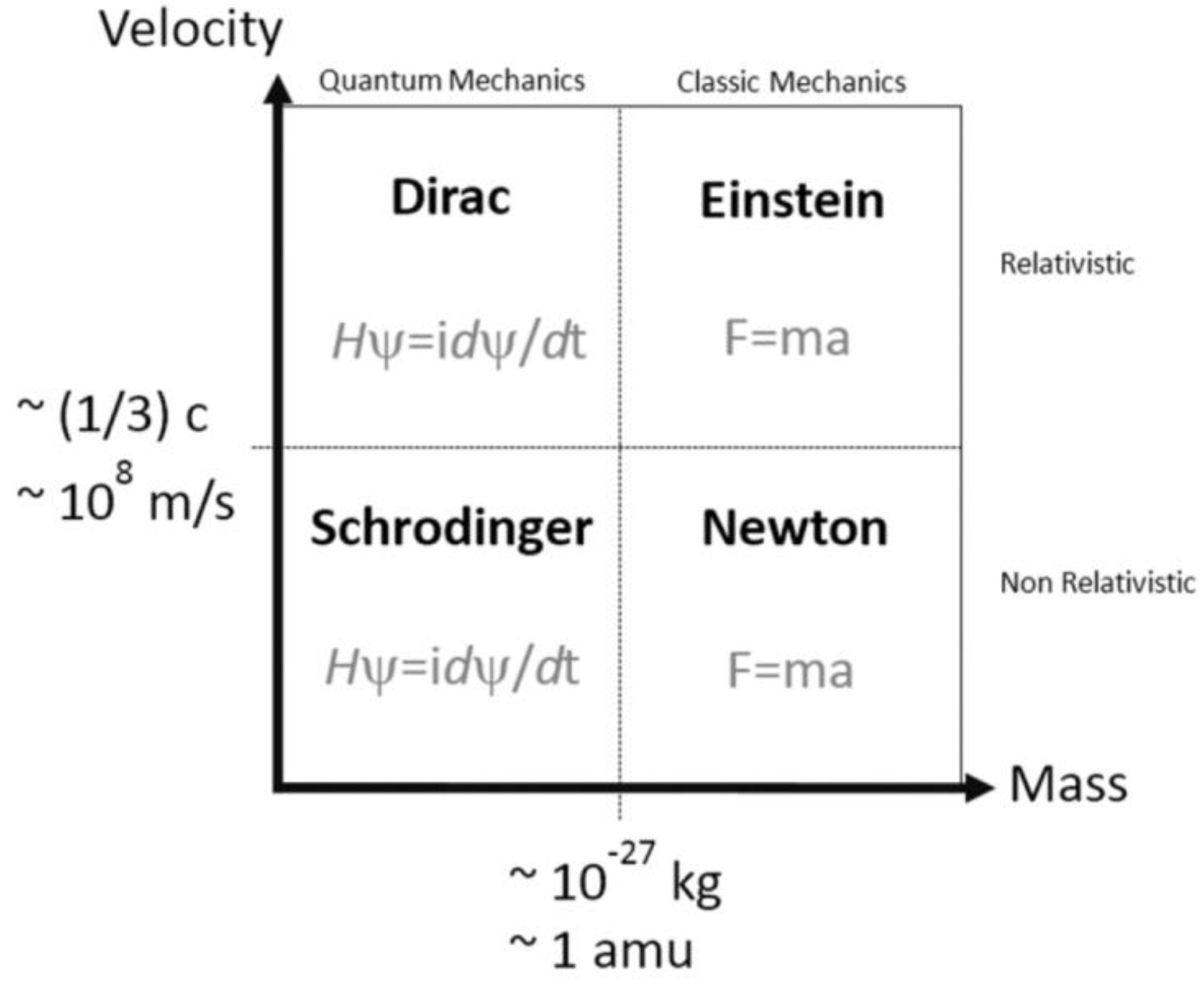Submitted:
22 June 2023
Posted:
23 June 2023
You are already at the latest version
Abstract
Keywords:
Background and Discussion

Summary
References
- Seyyedhosseinzadeh, H.; Mahboubi, F.; Azadmehr, A. Diffusion mechanism of lithium ions in LiNi0.5Mn1.5O4. Electrochim. Acta 2013, 108, 867–875. [Google Scholar] [CrossRef]
- Seyyedhosseinzadeh, H.; Mahboubi, F.; Azadmehr, A. Estimation on diffusion coefficient of lithium ions at the interface of LiNi0.5Mn1.5O4/electrolyte in Li-ion battery. Ionics 2015, 21, 335–344. [Google Scholar] [CrossRef]
- Li, F.; Ibrahim, M.; Saeed, T.; El-Refaey, A.M.; Fagiry, M.A.; Elkhader, B.A. Numerical simulation of air outlet spacing change in thermal management lithium-ion battery pack with triangular arrangement for use in electric vehicles. J. Energy Storage 2022, 49, 104117. [Google Scholar] [CrossRef]
- Leclerc, W.; Haddad, H.; Guessasma, M. DEM-FEM coupling method to simulate thermally induced stresses and local damage in composite materials. Int. J. Solids Struct. 2019, 160, 276–292. [Google Scholar] [CrossRef]
- Thamburaja, P.; Sarah, K.; Srinivasa, A.; Reddy, J.N. Fracture of viscoelastic materials: FEM implementation of a non-local & rate form-based finite-deformation constitutive theory. Comput. Methods Appl. Mech. Eng. 2019, 354, 871–903. [Google Scholar] [CrossRef]
- Li, K.-Q.; Li, D.-Q.; Liu, Y. Meso-scale investigations on the effective thermal conductivity of multi-phase materials using the finite element method. Int. J. Heat Mass Transf. 2020, 151, 119383. [Google Scholar] [CrossRef]
- Miller, Z.; Miske, I.; Hosseinzadeh, H. Cyberdesign Computational Algorithm: Selecting Anode and Cathode Materials through Simulation for Lithium-Ion Batteries Based on Diffusivity. ECS Meet. Abstr. 2018, MA2018-01, 167. [Google Scholar] [CrossRef]
- Hosseinzadeh, H. A Survey on High Rate Performance of LiNi 0.5 Mn 1.5 O 4 As Cathode of Li-Ion Battery. ECS Meet. Abstr. 2017, MA2017-02, 349. [Google Scholar] [CrossRef]
- Hosseinzadeh, H. eQUMEC Software: Multiscale and Multiphysics Simulation/Designing of Li-Ion Batteries. ECS Meet. Abstr. 2017, MA2017-02, 348. [Google Scholar] [CrossRef]
- Haddad-Sabzevar, M.; Haerian, A.; Seied-Hossein-Zadeh, H. A stochastic model for austenite phase formation during arc welding of a low alloy steel. J. Mater. Process. Technol. 2009. [Google Scholar] [CrossRef]
- Bhaduri, A.; Shen, C.; Ju, S.; Jiao, Y.; Karnati, S.; Ravi, S.K.; Huang, S.; Brennan, M.; Wang, L.; Sun, C.; et al. Discovering the crack formation criteria for Rene 80 superalloys in Laser Blown Directed Energy Deposition. In Proceedings of the AIAA SCITECH 2023 Forum; American Institute of Aeronautics and Astronautics: Reston, Virginia; 2023. [Google Scholar] [CrossRef]
- Kitt, A.L.; Mohr, L.; Kerwin, L.; Bhaduri, A.; Seyyedhosseinzadeh, H.; Dhakad, A.; Kmiotek, D.; Shen, C.; Huang, S.; Kiedrowski, A.; et al. Physics-Based Crack Formation Model for René 80 in Laser Blown Directed Energy Deposition: Theory and Experiment. SSRN Electron. J. 2022. [Google Scholar] [CrossRef]
- Hosseinzadeh, H. Local thermal rates and gradients in laser powder bed fusion metal additive manufacturing method: Computer simulation. Preprints 2021. [Google Scholar] [CrossRef]
- Hosseinzadeh, H.; Nematollahi, M.; Safaei, K.; Abedi, H.; Bayati, P.; Javan, R.; Poorganji, B.; Yuan, L.; Elahinia, M. A Numerical Approach to Model Microstructure Evolution for NiTi Shape Memory Alloy in Laser Powder Bed Fusion Additive Manufacturing. Integr. Mater. Manuf. Innov. 2022, 11, 121–138. [Google Scholar] [CrossRef]
- Hosseinzadeh, H. Metal additive manufacturing of carbon steel with direct laser deposition: Computer simulation. Prog. Addit. Manuf. 2020. [Google Scholar] [CrossRef]
- Özel, T.; Shokri, H.; Hosseinzadeh, H. Physics-Based Microstructure Modeling for Grain Tailoring and Refinement in Wire Arc Additively Manufactured Ti-6Al-4V Alloy. In Proceedings of the Volume 2A: Advanced Manufacturing; American Society of Mechanical Engineers; 2022. [Google Scholar] [CrossRef]
- Hosseinzadeh, H. Microstructure and the Local Mechanical Properties of the 3D Printed Austenitic Stainless Steel at Different Temperatures of the Printer’s Chamber: Computer Simulation. In Progress in additive manufacturing 2020; ASTM International: 100 Barr Harbor Drive, PO Box C700, West Conshohocken, PA 19428-2959, 2022; pp. 386–403. [Google Scholar] [CrossRef]
- Hosseinzadeh, H.; Yuan, L.; Mohr, L.; Kerwin, L.; Bhaduri, A.; Dhakad, A.; Shen, C.; Huang, S.; Sun, C.; Kitt, A.L. Prediction of Solidification Cracking in Rene 80 Superalloy During the Directed Energy Deposition Process. In TMS 2023 152nd Annual Meeting & Exhibition Supplemental Proceedings; 2023; pp. 177–185. [CrossRef]
- Luo, H.; Fu, J.; Wu, T.; Chen, N.; Li, H. Numerical Simulation and Experimental Study on the Drilling Process of 7075-t6 Aerospace Aluminum Alloy. Materials 2021, 14, 553. [Google Scholar] [CrossRef]
- Du, H.; Jiang, Q.; Xiong, W. Computer-aided optimal design for flexible cable in aerospace products based on dynamic analogy modeling. Sci. Rep. 2022, 12, 5833. [Google Scholar] [CrossRef]
- Shmatko, E.V.; Sivov, N.Y.; Poroykov, A.Y. Estimation of rotation measurement error of objects using computer simulation. In Proceedings of the 2023 5th International Youth Conference on Radio Electronics, Electrical and Power Engineering (REEPE); IEEE, 2023; pp. 1–6. [Google Scholar] [CrossRef]
- Yang, D.; Feng, Z.; Huang, H.; Zhang, Q.; Yang, T. Aerodynamic simulation and analysis of large ring-sail parachute. J. Phys. Conf. Ser. 2022, 2383, 012078. [Google Scholar] [CrossRef]
- Nirmal, K.; Jagadesh, T. Numerical simulations of friction stir welding of dual phase titanium alloy for aerospace applications. Mater. Today Proc. 2021, 46, 4702–4708. [Google Scholar] [CrossRef]
- Castaneda, E.A.; Pineda Leon, R.; Cornejo, J. FEM and DEM Simulations of Tire-Soil and Drill-Soil Interactions in Off-Road Conditions for Mechanical Design Validation of a Space Exploration Rover. In Proceedings of the 2021 12th International Conference on Mechanical and Aerospace Engineering (ICMAE), IEEE; 2021; pp. 454–461. [Google Scholar] [CrossRef]
- Zengah, S.; Mankour, A.; Abderahmane, S.; Salah, H.; Mallek, A.; Bouziane, M.M. Numerical Analysis of the Crack Growth Path in the Cement of Hip Spacers. Frat. ed Integrità Strutt. 2022, 16, 266–281. [Google Scholar] [CrossRef]
- Soliman, M.M.; Chowdhury, M.E.H.; Islam, M.T.; Musharavati, F.; Mahmud, S.; Hafizh, M.; Ayari, M.A.; Khandakar, A.; Alam, M.K.; Nezhad, E.Z. Design and Performance Evaluation of a Novel Spiral Head-Stem Trunnion for Hip Implants Using Finite Element Analysis. Materials 2023, 16, 1466. [Google Scholar] [CrossRef]
- Degasperi, F.A.; Scatigna, B.F.; Falótico, G.G.; Romero, V.; Basile, R.; Takata, E.T. Strain Analysis in Cementless Hip Femoral Prosthesis using the Finite Element Method – Influence of the Variability of the Angular Positioning of the Implant. Rev. Bras. Ortop. 2022, 57, 968–974. [Google Scholar] [CrossRef]
- Sun, Y.; Zhang, D.; Liu, Y.; Lueth, T.C. FEM-Based Mechanics Modeling of Bio-Inspired Compliant Mechanisms for Medical Applications. IEEE Trans. Med. Robot. Bionics 2020, 2, 364–373. [Google Scholar] [CrossRef]
- Pojtinger, S.; Kapsch, R.-P.; Dohm, O.S.; Thorwarth, D. A finite element method for the determination of the relative response of ionization chambers in MR-linacs: Simulation and experimental validation up to 1.5 T. Phys. Med. Biol. 2019, 64, 135011. [Google Scholar] [CrossRef] [PubMed]
- Fiorillo, L.; Cicciù, M.; D’Amico, C.; Mauceri, R.; Oteri, G.; Cervino, G. Finite Element Method and Von Mises Investigation on Bone Response to Dynamic Stress with a Novel Conical Dental Implant Connection. Biomed Res. Int. 2020, 2020, 1–13. [Google Scholar] [CrossRef]
- Coevoet, E.; Escande, A.; Duriez, C. Soft robots locomotion and manipulation control using FEM simulation and quadratic programming. In Proceedings of the 2019 2nd IEEE International Conference on Soft Robotics (RoboSoft), IEEE; 2019; pp. 739–745. [Google Scholar] [CrossRef]
- Wu, K.; Zheng, G.; Zhang, J. FEM-based trajectory tracking control of a soft trunk robot. Rob. Auton. Syst. 2022, 150, 103961. [Google Scholar] [CrossRef]
- Wu, K.; Zheng, G. Simulation and control co-design methodology for soft robotics. In Proceedings of the 2020 39th Chinese Control Conference (CCC); IEEE; 2020; pp. 3910–3914. [Google Scholar] [CrossRef]
- Martin-Barrio, A.; Terrile, S.; Diaz-Carrasco, M.; del Cerro, J.; Barrientos, A. Modelling the Soft Robot Kyma Based on Real-Time Finite Element Method. Comput. Graph. Forum 2020, 39, 289–302. [Google Scholar] [CrossRef]
- Russell, B. A priori justification and knowledge. 2007.
- Casullo, A.; Bonjour, L. Experience and A Priori Justification. Philos. Phenomenol. Res. 2001, 63, 665. [Google Scholar] [CrossRef]
- Manolov, R.; Moeyaert, M.; Fingerhut, J.E. A Priori Justification for Effect Measures in Single-Case Experimental Designs. Perspect. Behav. Sci. 2022, 45, 153–186. [Google Scholar] [CrossRef]
- Thurow, J. Experientially Defeasible A Priori Justification. Philos. Q. 2006, 56, 596–602. [Google Scholar] [CrossRef]

Disclaimer/Publisher’s Note: The statements, opinions and data contained in all publications are solely those of the individual author(s) and contributor(s) and not of MDPI and/or the editor(s). MDPI and/or the editor(s) disclaim responsibility for any injury to people or property resulting from any ideas, methods, instructions or products referred to in the content. |
© 2023 by the author. Licensee MDPI, Basel, Switzerland. This article is an open access article distributed under the terms and conditions of the Creative Commons Attribution (CC BY) license (http://creativecommons.org/licenses/by/4.0/).



